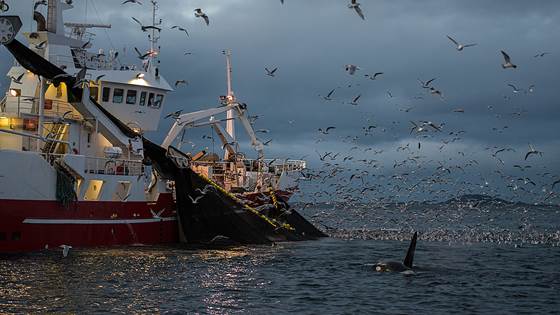
MarineGuardian
In MarineGuardian, the goal is to develop more sustainable fishing practices by promoting innovative fishing gear and technologies.

In MarineGuardian, the goal is to develop more sustainable fishing practices by promoting innovative fishing gear and technologies.
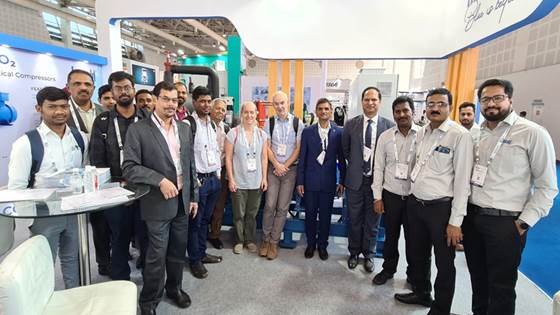
INDEE3 supports sustainable cooling and heating in India by promoting natural refrigerants, reducing emissions, and boosting cold chain efficiency in food, seafood, and building sectors.
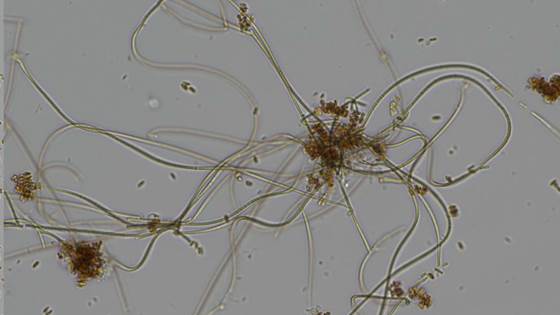
By turning waste into a resource, we aim to contribute to a more sustainable and circular future for seafood production.
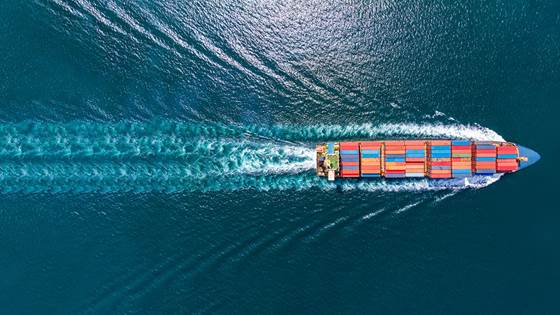
Accelerate the maritime energy transition and reduce emissions from ships through R&D for innovation and value creation within the Norwegian maritime and energy industries.
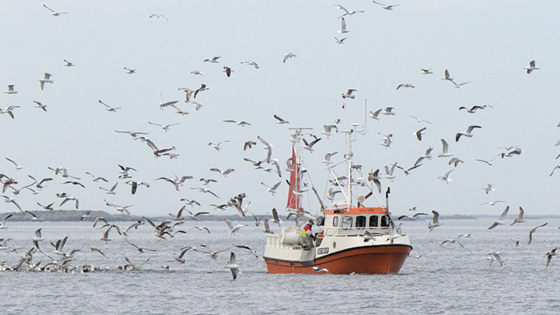
INFINIFISH will create innovations to monitor and mitigate the impacts of fishing on the climate and enable fisheries to adapt to the consequences of climate change.
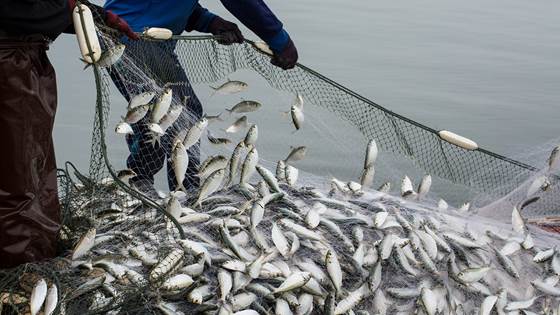
OptiFish aims to develop, test, and validate technologies that will improve onboard monitoring of catch volumes and fish health, enabling fishers to improve the sustainability of their operations and to better meet control requirements.
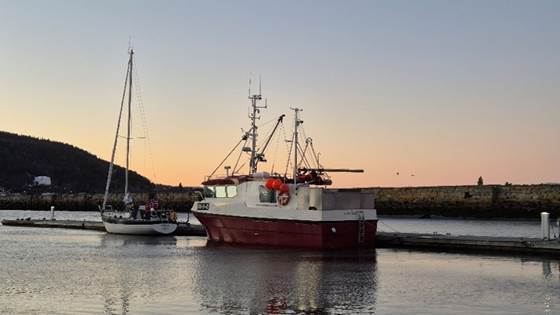
Development of efficient, robust and environmentally friendly refrigeration systems for small fishing vessels that help reduce food waste, emissions and improve the quality of the catch.
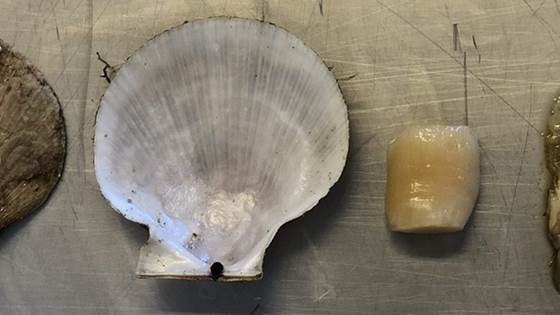
UTANTOX is about reducing heavy metals in marine residual raw material. The aim is to develop a method for reducing cadmium in by-products from Iceland scallops.
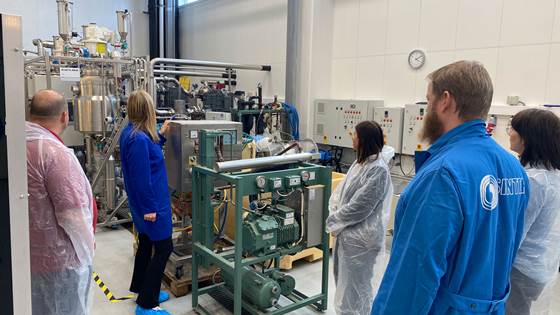
SINTEF Ocean together with NOFIMA are working in the project SAFE where one of the main goals is fostering bilateral cooperation between Croatia and Norway in the field of sustainable aquaculture and fisheries.
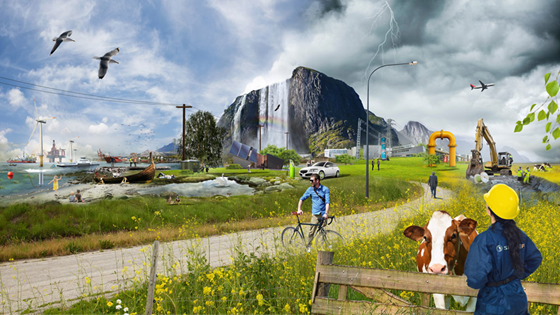
The EnerSea project aims to map the Norwegian seafood industry's need for renewable energy up to 2040.
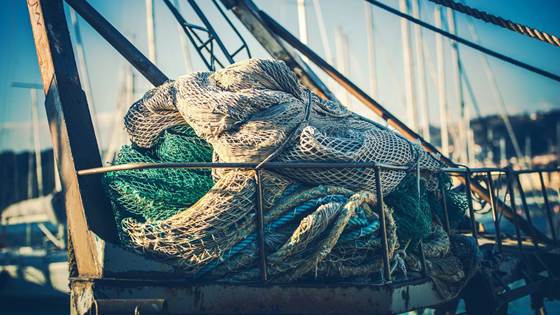
SEARCULAR’s core objective is the reduction of marine litter and microplastics generated by European fisheries (demersal trawlers, demersal seiners, tropical tuna purse seiners) and to promote circular economy practices in the fishing industry.
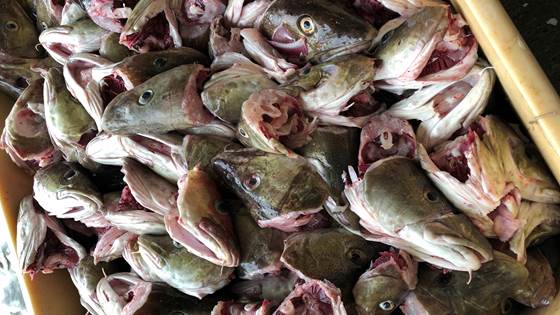
Marine rest raw material constitutes an important value-creating resource in the Norwegian fisheries and aquaculture industry. Today, the majority is brought to shore and taken care of in a good way, but the potential for increased utilization rate...
Providing methodology for tracing the origin of salmon lice larvae
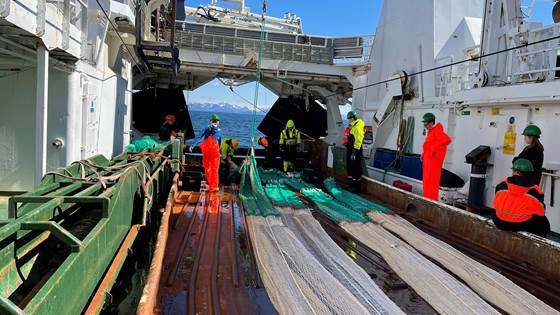
This project will provide knowledge and propose concrete and targeted preventive measures for reducing the risk of serious occupational accidents and work-related absences in the coastal fishing fleet.
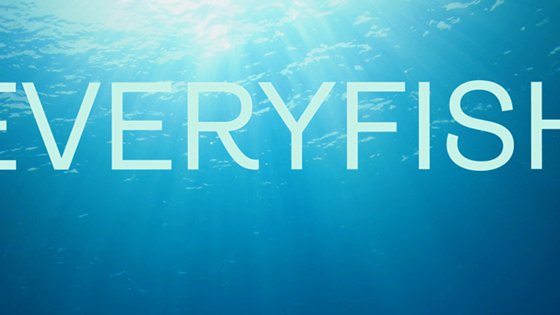
Innovative technological solutions for fully automated catch recording and reporting
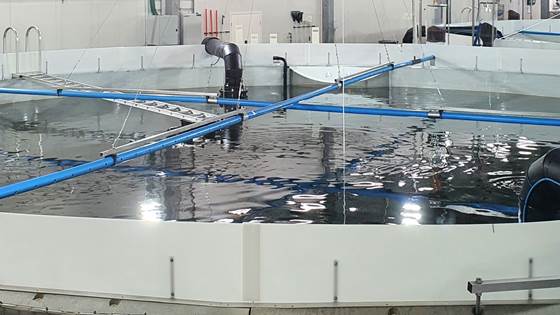
The objective of PathoRAS is to ensure biosecurity measures in Atlantic salmon RAS through a better understanding of how pathogens proliferate, establish, and survive in a complex ecosystem of the RAS environment.
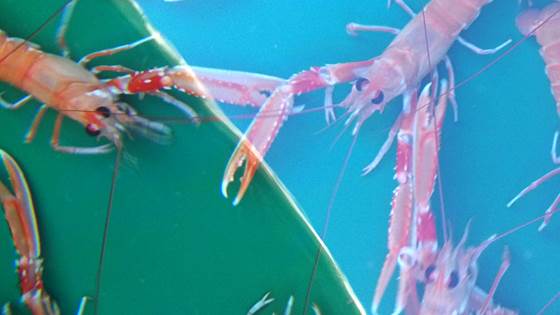
There are many species in the ocean, and there is a possibility several more of them can find their way to the dinner plate.
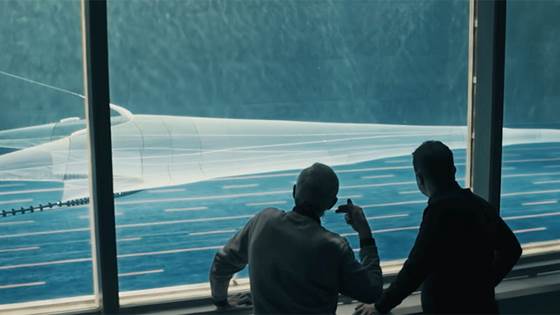
Reducing environmental impact and greenhouse gas emissions in commercial fisheries.